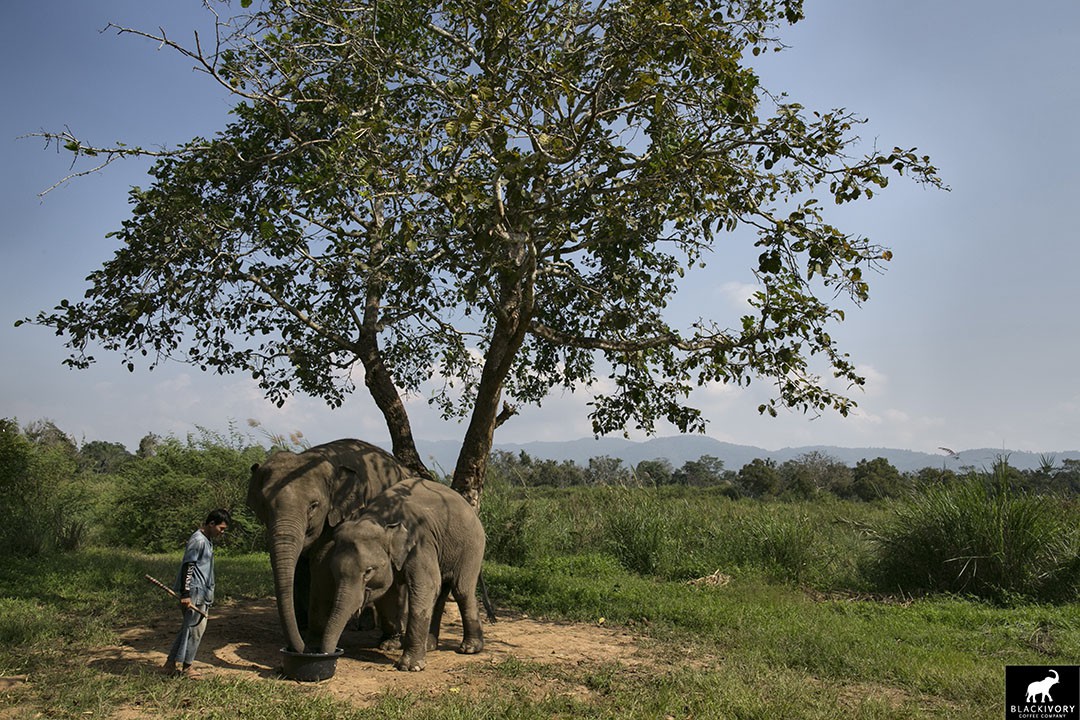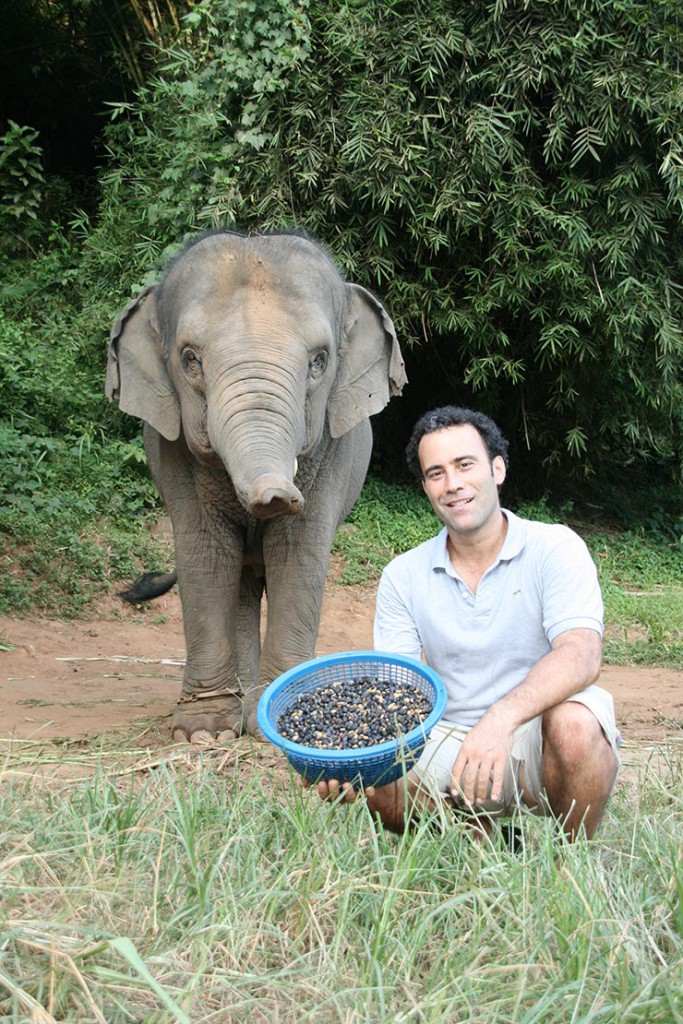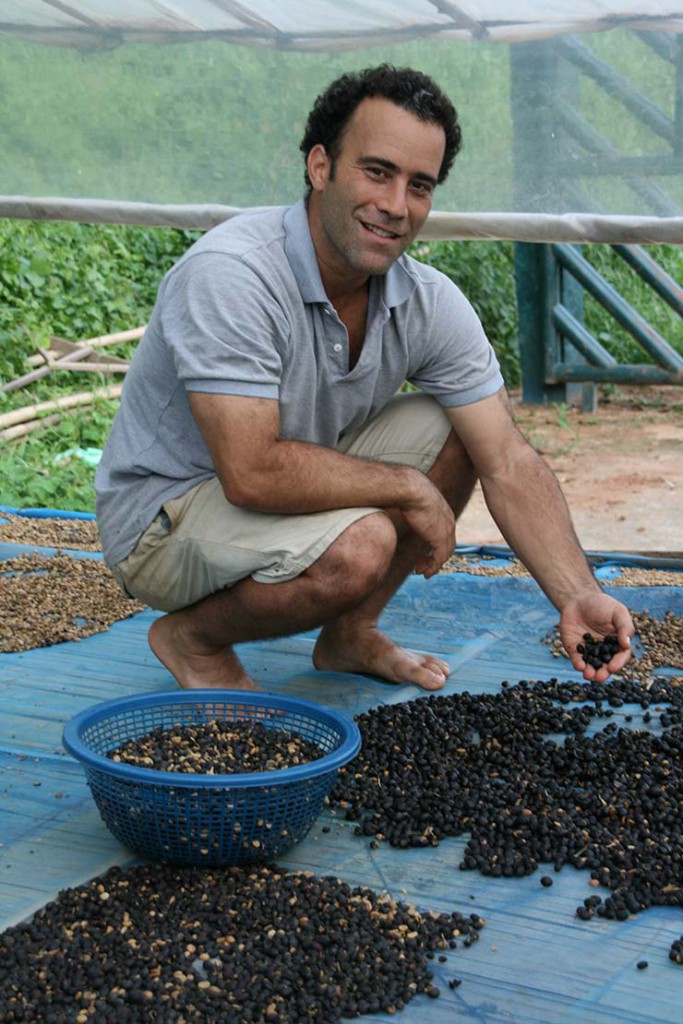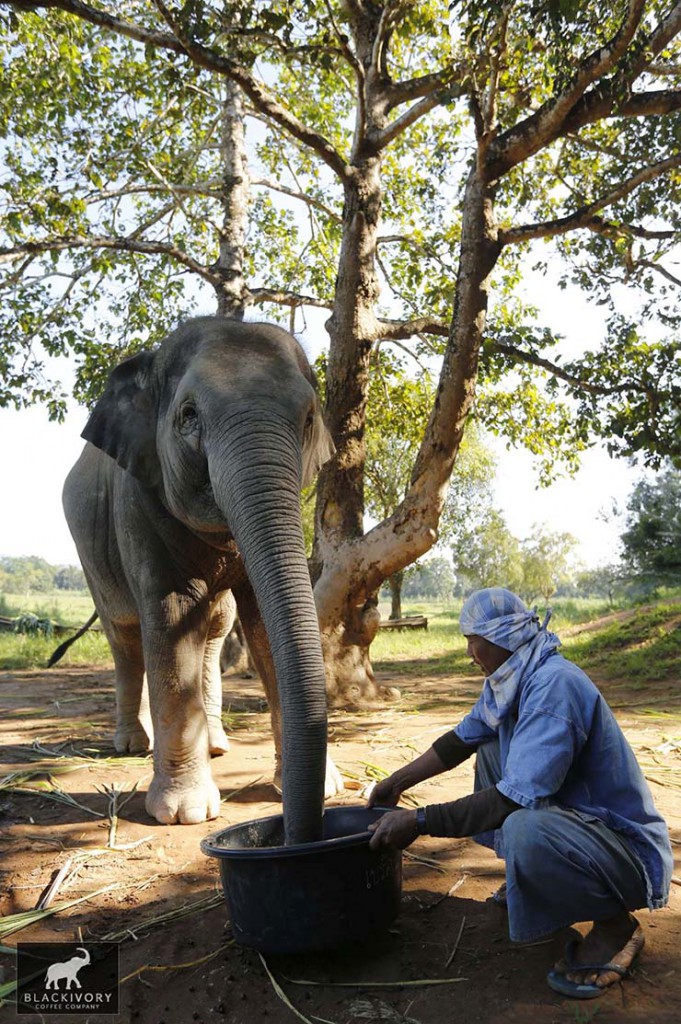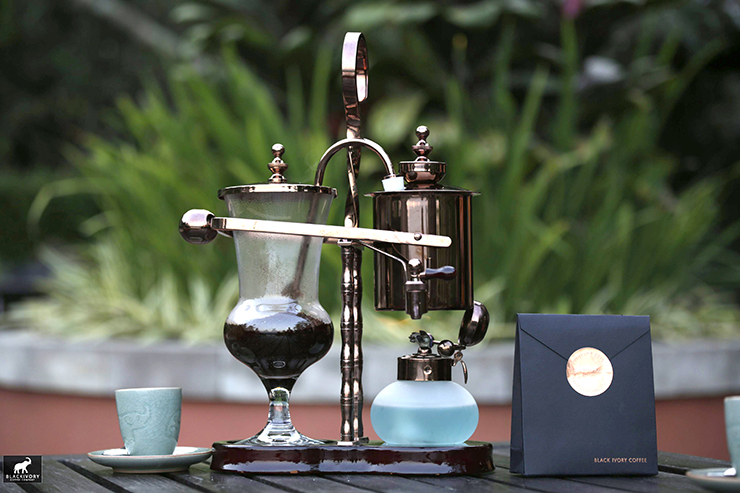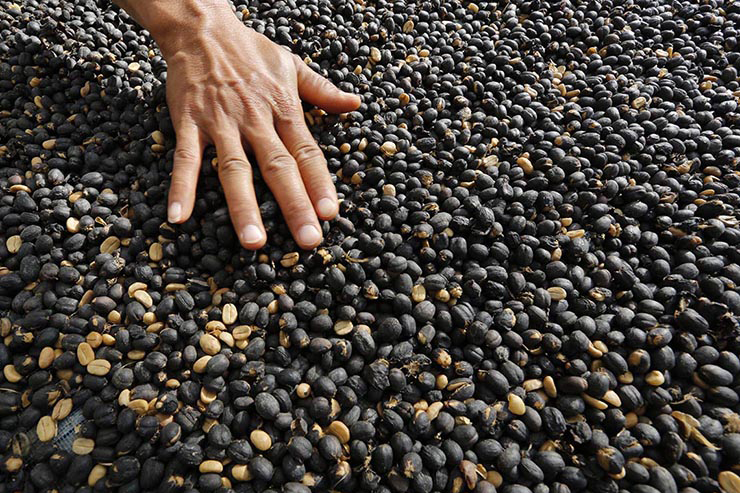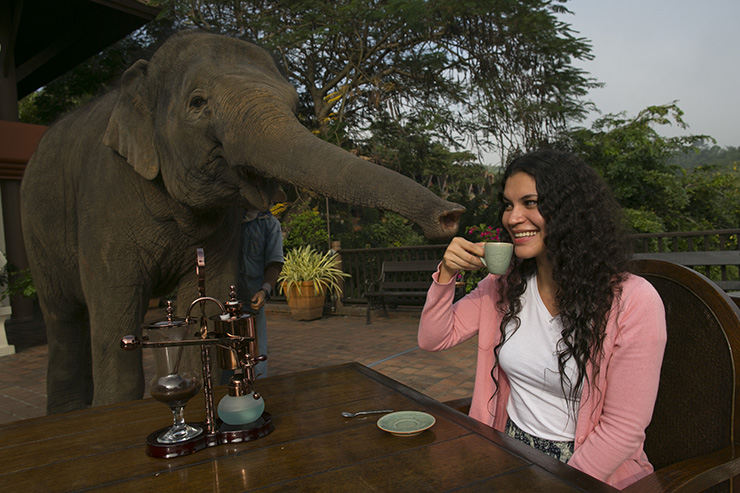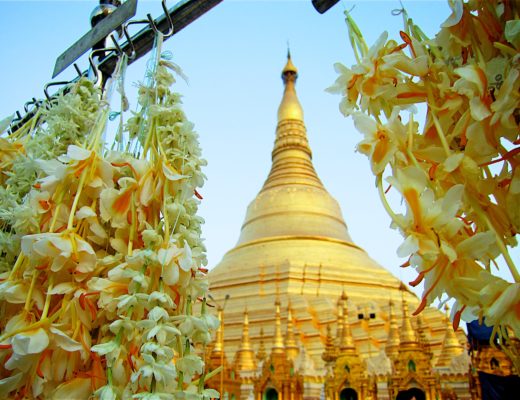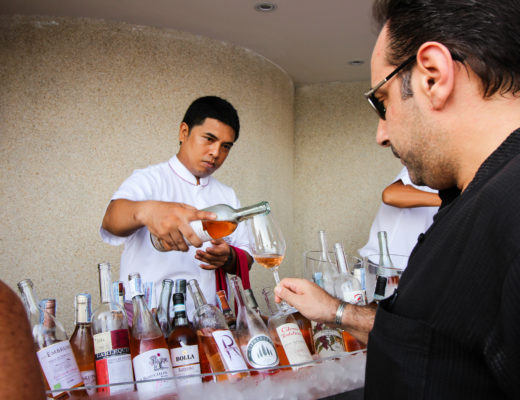Coffee and cream go together well. So does coffee and mornings, coffee and cake or, for some, coffee and cigarettes. How about coffee and elephants? Yes, you’ve read right. There is a connection between the jungle giant and your cup of hot, black stuff. To find out more about it, we meet Blake Dinkin, the founder of Thailand one and only Black Ivory Coffee.
Digging for Black Gold
Blake Dinkin was first exposed to rare, unusual coffees while working with civet cats on producing an Ethiopian version of the famed Indonesian Kopi Luwak. This treasured coffee might have legendary flavor and reach legendary prices but it’s also associated with animal abuse and often counterfeited – things that no reputable coffee producer wants to have anything to do with. With business getting increasingly complicated, Dinkin decided to look for alternatives.
His idea was to find an animal that could do civet’s job while being more accessible. Rhinoceros or hippopotamus didn’t exactly meet the expectations, for obvious reasons; neither did monkeys or bats whose digestive systems couldn’t produce the desired results. But there was one more animal in the room.
Elephants posses numerous virtues, for Dinking two were of the utmost importance – these gentle giants are herbivores and enjoy eating coffee beans. The approximately 70 hours it takes an elephant to digest coffee, is enough for the fermentation to take place in the animal’s stomach and remove bitterness from the beans. “The enzymes in elephant’s digestive system break down the proteins which are partially responsible for the coffee’s bitterness. Less protein means less bitter tasting coffee,” Dinkin explains.
It took him 10 years of experiments in a Canadian zoo, Indonesian elephant camp and in Ethiopia, to get the taste right. Having found the perfect formula, he moved to Thailand in 2012 and the story of Black Ivory Coffee begun for good.
Elephant’s coffee break
Today Black Ivory Coffee sells it’s black gold at around $1,100 per kilogram or about $50 for a serving. Expensive? Considering how much work it takes to make this rare product, not so much. It takes around 33 kilograms of coffee cherries to produce just 1 kilogram of Black Ivory Coffee. And no elephant’s are harmed in the process.
To ensure the animal’s welfare, Dinkin works with the Golden Triangle Asian Elephant, a foundation providing veterinarian care for elephants and saving these magnificent animals form illegal elephant trade. All animals working on Dinkin’s coffee production are born in captivity and rented out from the foundation.
What’s also important is that eating coffee cherries do not negatively affect the elephants. Veterinary tests conclude that these animals do not absorb caffeine in, especially since coffee for them is just a snack. “It’s not meant to replace their diet. Each elephant has his or her own special recipe. Some eat it with bananas and some with salt. Sometimes they eat it sometimes they do not,” Dinkin explains.
Elephant appetite for elephant coffee
Thirsty for a cup of elephant coffee? If so, you probably fit Dinkins’s profile of a perfect customer. “Most people who buy my coffee are educated, open minded, have a sense of adventure. They are people who like to travel and who like to tell a good story,” he explains.
Some of the company’s most loyal customers come from Japan, with Americans being a major group of buyers as well. “I love working internationally,” explains Dinkin. “It’s nice to work with elephants and mahouts and to visit and stay at five star hotels. And to create a product that people are excited about.”
And it’s those people – open-minded, curious, and adventurous, that Dinkin’s coffee is for. “It’s for people who want an unusual experience, who are interested in our story and who want to feel good about making a difference.”
“And it is made in Thailand, so if you’re looking for a true Thai experience, give it a try,” he concludes.
For more information about Dinkins product and a list of hotels where you can try elephant coffee, go to www.blackivorycoffee.com
